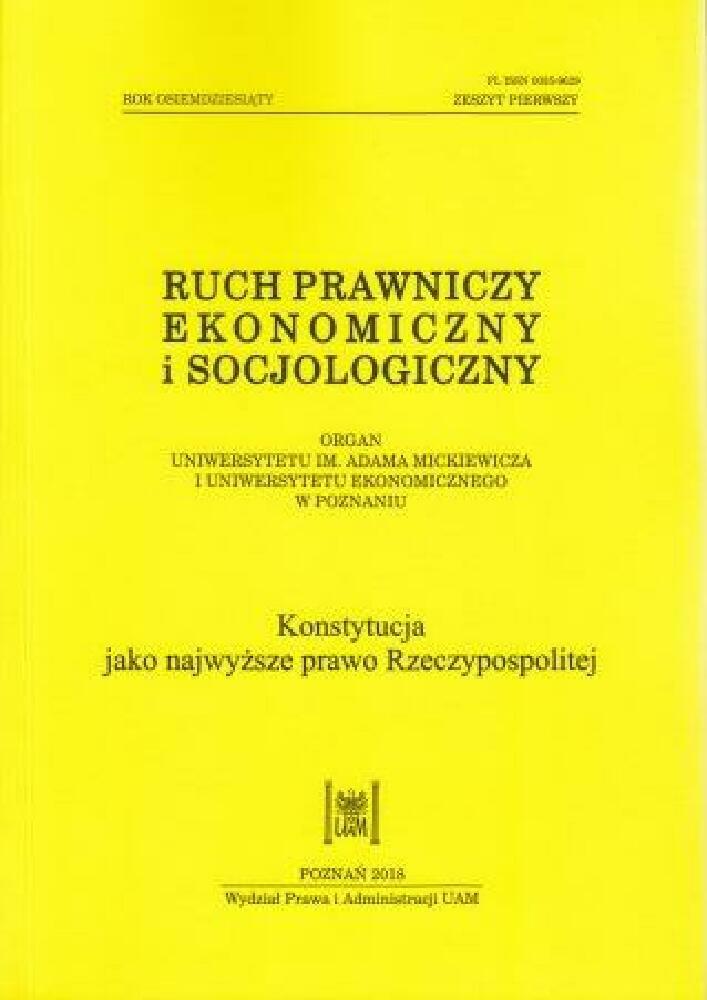Abstract
The existence of the welfare state can be justified by economic and political arguments as well as philosophical ones. The paper analyses the liberal-egalitarian view on distributive justice and hence on the philosophical justification of the welfare state, based on two most influential egalitarian concepts: Rawls’s theory of justice as fairness and Dworkin’s equality of resources theory. The aim of this article was to evaluate the welfare state regimes in the light of requirements of both theories that just society must satisfy. It is argued that with respect to the individual capacity to formulate, rationally pursue, and revise one’s life plans, the social-democratic (Nordic model) may be deemed as the only regime capable of being accepted from the egalitarian perspective.License
Copyright (c) 2018 WPiA UAM

This work is licensed under a Creative Commons Attribution-NonCommercial-NoDerivatives 4.0 International License.




